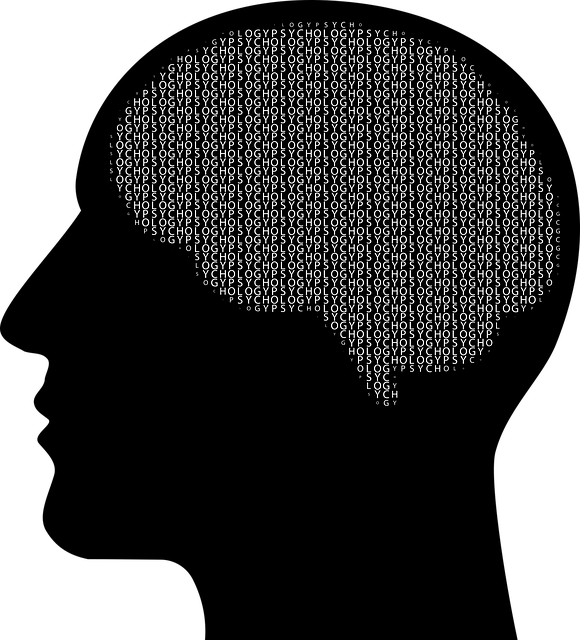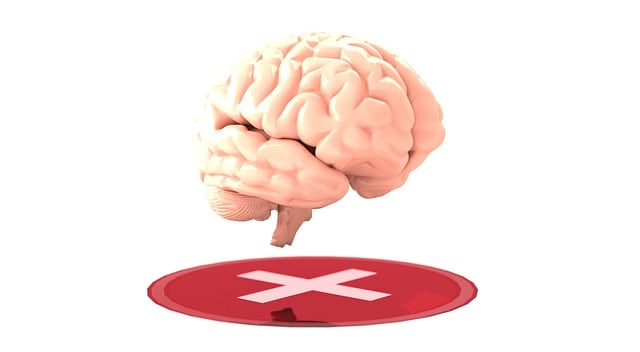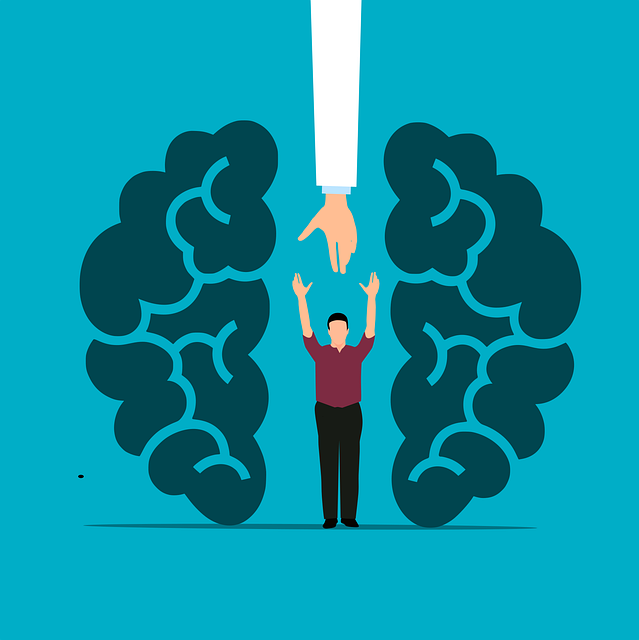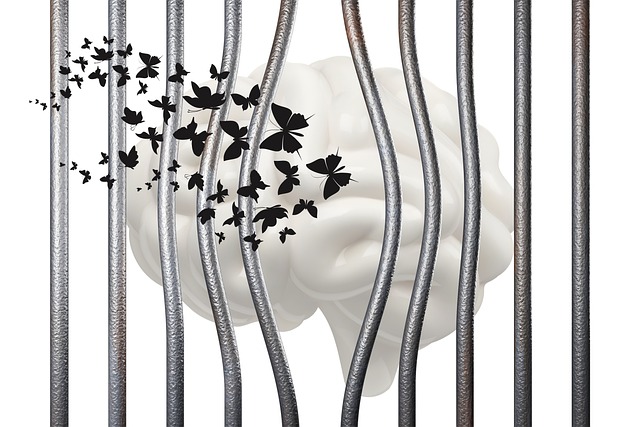Integrative psychotherapy combines diverse therapeutic techniques like CBT, mindfulness, and psychodynamic therapy to offer personalized, holistic treatment plans for optimal mental well-being. By fostering a collaborative Therapeutic Alliance, this approach empowers clients through self-awareness and personal growth, addressing interconnected mind-body-spirit concerns. While presenting challenges in technique balance and ethical considerations, integrative psychotherapy is a promising direction in modern mental health support, aided by technology advancements like VR and AI.
Integrative psychotherapy is a holistic approach to mental health that combines elements from various therapeutic traditions. This article delves into the understanding, key components, and benefits of integrating different therapy styles for optimal mental well-being. We explore popular integrative therapies, guide you through creating personalized treatment plans, discuss the importance of therapeutic alliance, and address challenges and ethical considerations. By embracing future trends, we aim to revolutionize mental health care.
Understanding Integrative Psychotherapy: A Holistic Approach to Mental Health

Integrative psychotherapy is a holistic approach to mental health that combines various therapeutic techniques and perspectives to create a personalized treatment plan for each client. Unlike traditional psychotherapies that focus on a single method, integrative therapy embraces multiple schools of thought, allowing therapists to tailor their approach based on individual needs. This comprehensive strategy considers the interconnectedness of mind, body, and spirit, recognizing that mental well-being is influenced by diverse factors such as emotional, psychological, and physical aspects.
By integrating different techniques from cognitive-behavioral therapy (CBT), mindfulness practices, psychodynamic theory, and other evidence-based methods, therapists can offer a more nuanced and effective treatment. This approach encourages clients to explore their thoughts, emotions, behaviors, and underlying beliefs, fostering self-awareness and personal growth. Integrative psychotherapy aims to empower individuals to lead healthier, happier, and more fulfilling lives by providing them with the tools and insights needed to navigate life’s challenges effectively.
Key Components of Integrative Psychotherapy Techniques

Integrative psychotherapy techniques are a harmonious blend of diverse therapeutic approaches, tailored to address the unique needs of each individual seeking mental health support. These techniques recognise that every client is different, with their own set of experiences and challenges. Therefore, by combining elements from various schools of thought, such as cognitive-behavioural therapy (CBT), psychodynamic therapy, and humanistic approaches, therapists can create a comprehensive and effective treatment plan.
The key components of integrative psychotherapy involve fostering a collaborative relationship between therapist and client, encouraging self-exploration and introspection, and promoting personal growth and healing. Therapists skilled in these techniques are adept at listening attentively, validating emotions, and helping clients gain insights into their thoughts, feelings, and behaviours. This holistic process supports individuals in developing coping strategies, enhancing self-awareness, and cultivating resilience, ultimately leading to improved mental health and well-being.
The Benefits of Combining Different Therapy Styles

Integrative psychotherapy, as the name suggests, involves combining various therapeutic techniques from different schools of thought to create a personalized approach for each client’s unique needs. This method offers numerous benefits in the realm of mental health psychotherapy. By merging different styles, therapists can cater to a broader range of issues and preferences, ensuring a more effective treatment process. For instance, blending cognitive-behavioural therapy (CBT) with mindfulness practices might help individuals manage anxiety and stress while also fostering self-awareness.
The advantage of this integrative approach lies in its adaptability and versatility. Different therapy styles often complement each other, providing clients with diverse tools to navigate their mental health journeys. For example, combining psychoanalytic insights with solution-focused techniques allows for a deeper exploration of past experiences while simultaneously equipping individuals with practical strategies for problem-solving. This holistic integration can lead to more profound and lasting changes in one’s mental well-being, making it an appealing and promising direction in psychotherapy.
Exploring Popular Integrative Therapies for Mental Well-being

In today’s world, where mental well-being is a growing priority, exploring effective integrative therapies has become essential for those seeking holistic healing. One popular approach gaining traction in the field of mental health psychotherapy is the integration of various therapeutic techniques, combining the best from different schools of thought. This method allows therapists to tailor treatments to individual needs, fostering a deeper connection between mind and body.
Integrative psychotherapy offers a diverse range of techniques, such as cognitive-behavioural therapy (CBT), mindfulness practices, and psychodynamic therapy. CBT helps individuals identify and change negative thought patterns, while mindfulness encourages living in the present moment. Psychodynamic therapy delves into unconscious conflicts and past experiences to gain insights into current behaviours. By combining these approaches, therapists can create a supportive environment that addresses multiple aspects of mental health, promoting overall well-being.
Creating a Personalized Treatment Plan Using Integrative Methods

In integrative psychotherapy, creating a personalized treatment plan involves combining various effective therapeutic approaches tailored to an individual’s unique needs and preferences. This method recognizes that every person’s mental health journey is distinct, thus requiring a customized strategy. By drawing from a range of evidence-based techniques, such as cognitive behavioral therapy (CBT), mindfulness practices, psychodynamic therapy, or acceptance and commitment therapy (ACT), therapists can offer a comprehensive and flexible framework. This approach allows for addressing multiple aspects of an individual’s well-being, including their thoughts, emotions, behaviors, and relationships.
Personalization goes beyond choosing specific techniques; it entails creating a safe and supportive environment where clients feel heard, understood, and empowered. Therapists facilitate collaboration, encouraging clients to actively participate in identifying their goals and prioritizing issues. This partnership ensures that the treatment plan remains dynamic, allowing for adjustments as the client’s needs evolve over time. As a result, individuals engaged in integrative psychotherapy experience a more engaging and effective journey towards improved mental health and enhanced personal growth.
Therapeutic Alliance and Client-Centered Care in Integration

In integrative psychotherapy, the Therapeutic Alliance is a cornerstone built on mutual respect, trust, and empathy between the therapist and client. This alliance facilitates open communication, allowing clients to explore their thoughts and emotions freely, while therapists offer an unjudgmental space for expression. The focus on client-centered care ensures that each individual’s unique needs are at the forefront of the therapeutic process. By fostering a strong bond, therapists can integrate various techniques from different schools of thought, tailoring the approach to suit the client’s specific mental health concerns.
This alliance is crucial in enhancing the effectiveness of integrative therapy. Clients who feel understood and supported are more likely to engage actively in their treatment, leading to improved outcomes. Through collaborative goal-setting and a holistic understanding of the individual, therapists can provide personalized care, addressing complex mental health issues effectively.
Challenges and Ethical Considerations in Integrative Psychotherapy

Integrative psychotherapy, while offering a wealth of benefits for mental health and well-being, also presents several challenges and ethical considerations that therapists must navigate carefully. One primary challenge is balancing the integration of various techniques, ensuring they are tailored to the unique needs and preferences of each client. Therapists must be adept at assessing individual responses and adjusting their approach accordingly, as one technique may not suit all. This requires a deep understanding of different therapeutic modalities and the ability to weave them together seamlessly.
Ethical considerations also play a pivotal role in integrative psychotherapy. Maintaining confidentiality is paramount, especially when employing diverse techniques that might leave certain aspects of a client’s life exposed. Therapists must be mindful of potential risks associated with sharing personal insights gained from various methods. Additionally, ensuring informed consent and clearly communicating the benefits and limitations of each technique to clients are essential practices to uphold ethical standards in this approach to mental health psychotherapy.
Future Trends Shaping the Field of Integrative Mental Health Therapy

The future of mental health psychotherapy is poised for significant transformation, driven by technological advancements and a growing recognition of holistic healing approaches. Integrative therapy, which combines elements from various schools of thought, is expected to become even more prevalent as professionals seek to cater to diverse client needs. Virtual reality (VR) and artificial intelligence (AI) are emerging as powerful tools that can enhance therapeutic experiences, making sessions more accessible and engaging, especially for remote clients or those with specific phobias.
Additionally, the integration of mindfulness practices, previously considered supplementary, is now being embraced as a core component. This shift reflects the increasing emphasis on self-care and the understanding that mental well-being is intricately linked to overall health. As research continues to evolve, therapists will be better equipped to personalize treatments, combining traditional methods with innovative interventions to offer more effective and comprehensive mental health support.
